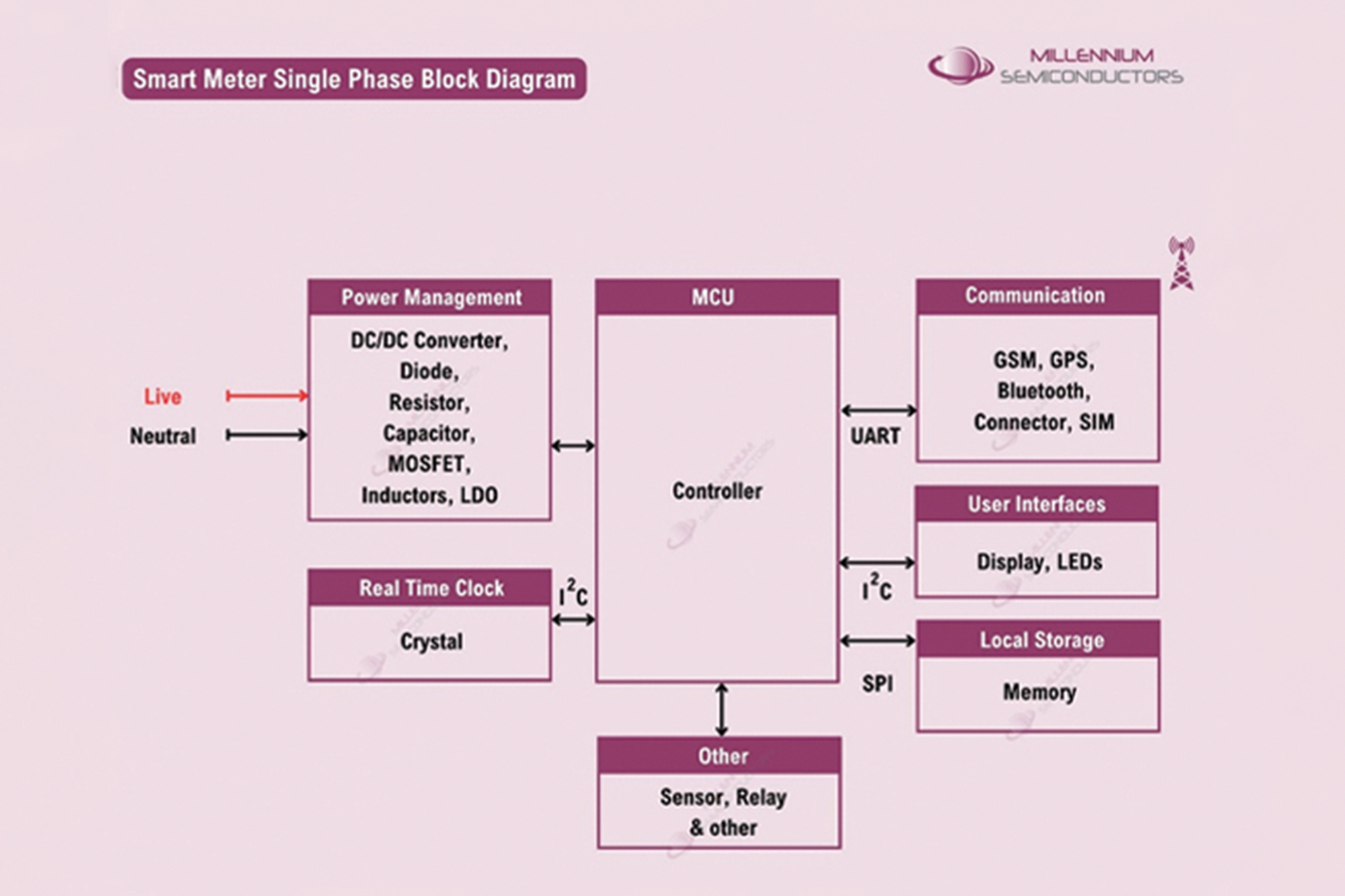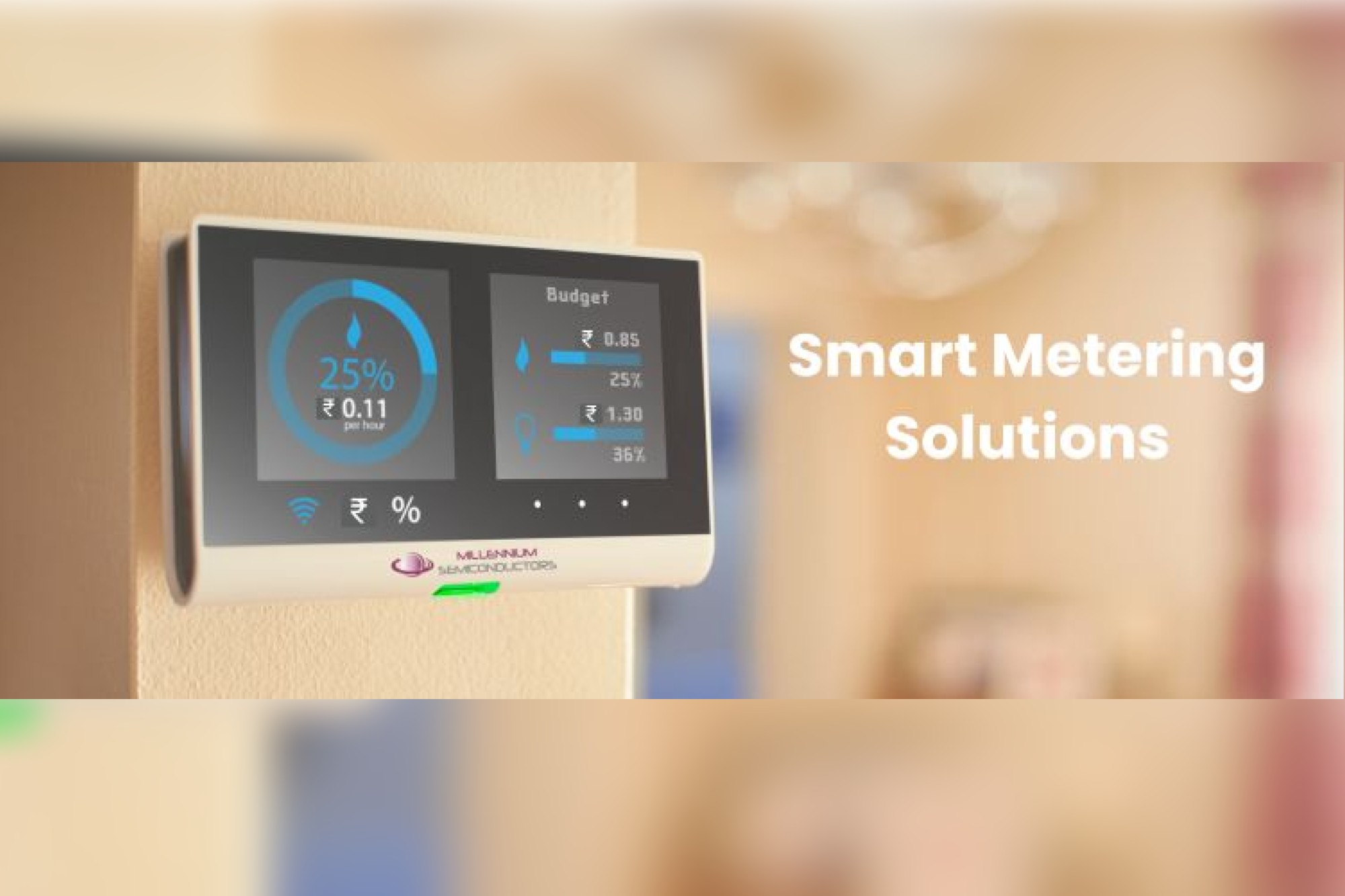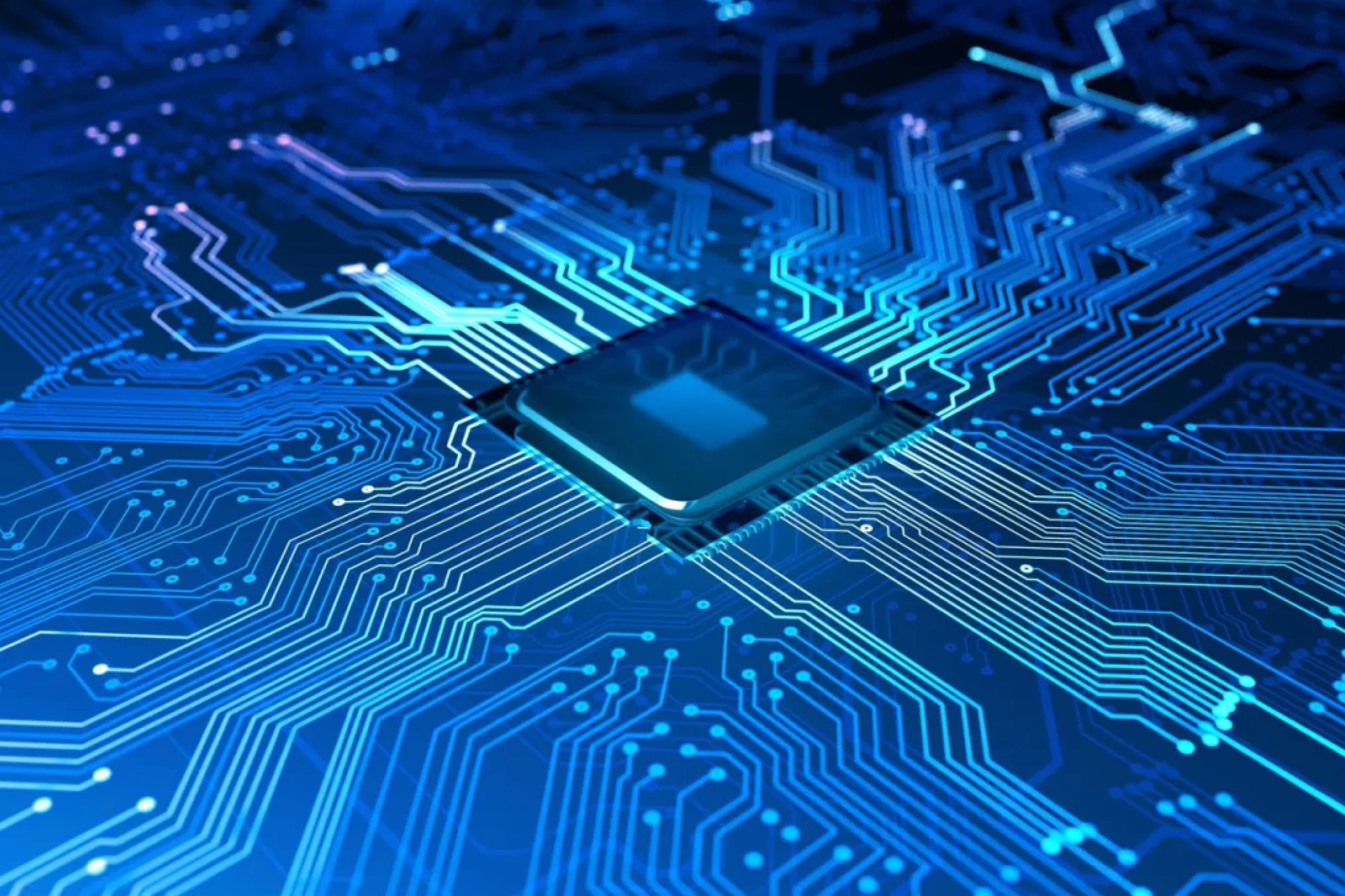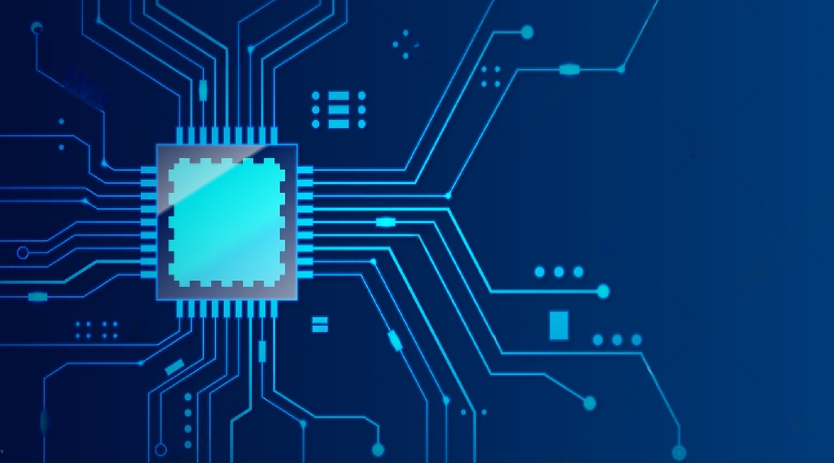Industry adopting smart metering solutions
By OEM Update Editorial March 29, 2024 3:20 pm IST
Globally, the use of smart metering technologies has steadily increased due to the increasing need for better grid dependability, more effective energy management, and increased consumer participation. As the government of India pushes for extensive deployment to address energy concerns and satisfy sustainability goals, this movement is gaining speed.
India’s journey towards smart metering began with pilot projects in select cities and regions, showcasing the benefits of real-time monitoring, remote data collection, and demand-side management. As awareness grew and technology evolved, the government initiated large-scale deployments to replace conventional meters with smart counterparts across residential, commercial, and industrial sectors.
Block Diagram of Smart Metering Solutions:

Power Management: Reliability and sustainability in the operation of smart meters are contingent upon effective power management. This block prolongs the metering system’s life and guarantees the best possible use of energy resources. To maximise energy harvesting from renewable sources like solar panels or wind turbines, advanced power management integrated circuits (PMICs) are essential for controlling voltage levels and power usage.
Microcontroller Unit (MCU): The MCU functions as the smart meter’s brain, managing data processing, computations, networking, and connection with other devices. With their robust processing powers, integrated security measures, and support for several communication protocols, modern MCUs are well-suited for smooth integration with IoT platforms and smart grid infrastructure.
Real-Time Checks: This block enables proactive maintenance and defect identification by having sensors and algorithms for real-time monitoring of voltage fluctuations, power quality, and other characteristics. Advanced metering solutions use sensor fusion methods, machine learning algorithms, and edge computing technologies to analyse data streams in real-time, spot anomalies or irregularities, and send alerts or notifications in time for prompt intervention.
Communication: Smart meters rely on robust communication channels to transmit data to utility companies or monitoring centres. Wired or wireless communication protocols ensure seamless connectivity and data exchange, enabling remote meter reading, tariff updates, and demand response programs. Cellular networks, LoRaWAN, Zigbee, and NB-IoT are commonly used communication technologies for smart metering applications, offering varying degrees of coverage, bandwidth, and reliability.
User Interface: The user interface comprises display units, LED indicators, and user-friendly interfaces for consumers to access meter readings, consumption patterns, and billing information. Interactive touchscreens, mobile apps, and web portals provide intuitive user interfaces. This is to monitor their energy usage, set energy-saving goals, and receive personalised recommendations for optimising energy efficiency.Local Storage: Local storage modules store metering data securely, enabling offline access and backup in case of communication failures or network outages. Flash memory, EEPROM, or secure digital (SD) cards are commonly used for storing historical data, event logs, and configuration settings, ensuring data integrity and compliance with regulatory requirements.
The government has implemented several initiatives and policies to promote smart metering across India. The Ujwal DISCOM Assurance Yojana (UDAY) focuses on state power distribution companies’ financial and operational turnaround, aiming to enhance their efficiency and sustainability. The Smart Meter National Programme (SMNP) is a national initiative to replace conventional meters with smart meters, enabling real-time monitoring and better energy management. Complementing these efforts, the Atal Distribution System Improvement Yojana (ADITYA) focuses on strengthening distribution infrastructure and reducing Aggregate Technical and Commercial (AT&C) losses, thereby supporting the broader goals of improving energy efficiency and reliability within the power sector.
As the demand for smart metering solutions continues to rise, it is essential to partner with reliable suppliers who can provide comprehensive support and expertise. Millennium Semiconductors, with its extensive network of 100+ suppliers, experienced R&D team, and 65+ FAEs, is well-positioned to cater to the evolving needs of the smart metering industry. From power management ICs to communication modules, Millennium offers a complete BOM solution tailored to meet the unique requirements of smart metering projects, ensuring efficiency, reliability, and sustainability.
In the journey towards a smarter and more sustainable future, Millennium Semiconductors stands ready to empower the transformation of energy management systems across India and beyond.
For inquiries about our smart metering solutions, contact info@millenniumsemi.com or visit www.millenniumsemi.com.
Cookie Consent
We use cookies to personalize your experience. By continuing to visit this website you agree to our Terms & Conditions, Privacy Policy and Cookie Policy.










